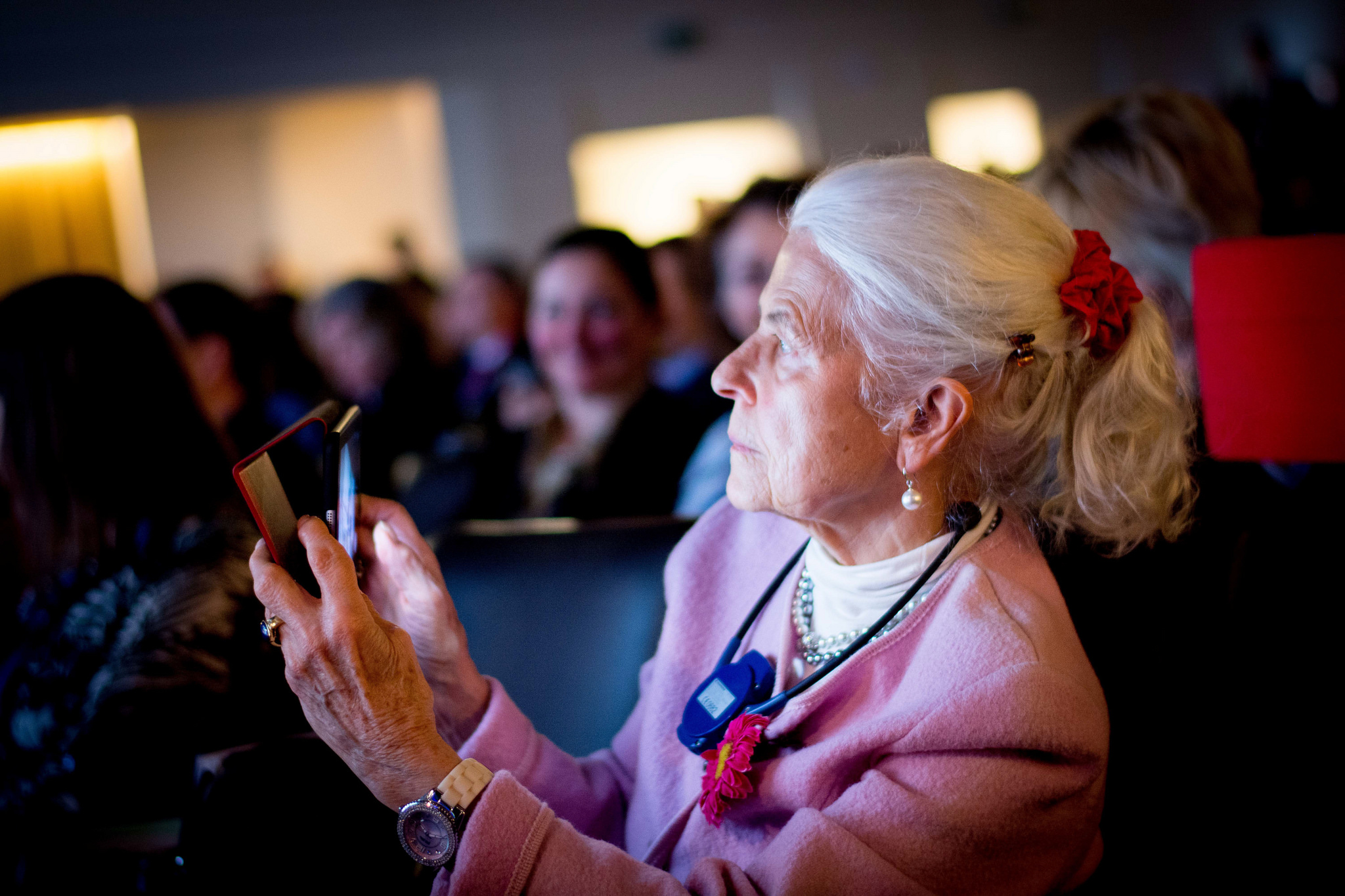INtegraAAL project begins
Pioneering health technology trial plans to revolutionise care of the elderly living at home
A groundbreaking trial into the use of mobile technologies to improve quality of life for elderly people has been announced by an International consortium led by Nourish Care.
The IntegrAAL study (Integration of Active Assistive Living Components for Innovative Care Pathways) will develop new care communication systems based around handheld tablets, but also incorporating newer Internet of Things (IoT) devices including wearables to detect, monitor and communicate. The trial is based on the understanding that care of the elderly is provided by many different people – not just family and formal social and medical care services but also friends, neighbours and other social contacts.
The trial will focus on two groups: people with dementia living at home, and people returning home after a stay in hospital. During the first stage, research will be carried out to understand some of the challenges faced by these groups. That knowledge will then be used to design technology-based solutions to improve quality of care, linked to a system of communication between all the people involved in a person’s circle of care. For example, as dehydration is a key risk factor for falls in the elderly, devices for monitoring fluid intake and alerting the person and their carers if a person has not been drinking enough water have the potential to lead to a decrease in hospital admissions.
Nourish will be working in conjunction with care providers and university researchers in three sites across Europe. The research phase is starting this month with the first people expected to start using the new technology towards the end of the year. The project is co-ordinated by the EU Ambient Assisted Living Programme (AAL) and jointly funded by Innovate UK.
The trial comes at a time when there is growing pressure on services providing care for elderly people at home. Figures from the ONS show that the UK population is ageing, with the fastest increases seen in those aged 85 and over. This group is predicted to more than double in size by 2035. The number of elderly people living in care homes has remained fairly stable however, with an increase of 0.3% from 2001 to 2011 despite growth in the population of 11% during the same time period. This means a larger number of elderly people living and receiving care at home.
Research also shows the value older people place on community – with those aged 70 and over more likely to feel a sense of belonging to their neighbourhood and report that local friends mean a lot to them, with both of these aspects positively associated with overall life satisfaction.
Nuno Almeida, founder and CEO of Nourish, comments:
“The term ‘care’ generates certain connotations, particularly in regard to the elderly. Our view is that care is an entirely natural human instinct. This project is about capturing that entirely natural drive to care, harnessing the communities that are already established and valued by older people, and asking how can we introduce meaningful technologies in a way that can improve quality of life.”
Nourish already has a mobile-based care management system established in residential care homes across the UK. The Nourish system allows carers to record, view and share notes securely via a cloud-based system, reducing the time spent on paperwork. Nourish is based in Bournemouth in Dorset in the UK, recently named in a Tech Nation report as having the fastest-growing digital economy in the country and by the Enterprise Research Centre as having one of the highest levels of product and service innovation, and new-to-the-market innovations in the country.
Nuno Almeida continues:
“Internet-based technologies have totally disrupted the way we live, work, date, shop, navigate, monitor our fitness, entertain and play. Yet there is a growing sector of our society that has been completely under-served by these new technologies. Design is a strong part of our philosophy, because technology is only useful if a person can and wants to use it. Put another way – just because it’s for the elderly, doesn’t mean it has to be grey. We want to look at how we can use the myriad of available technologies and creative design to solve problems in ways that haven’t been thought of before, whilst always putting the person who needs care at the heart of our thinking.“

